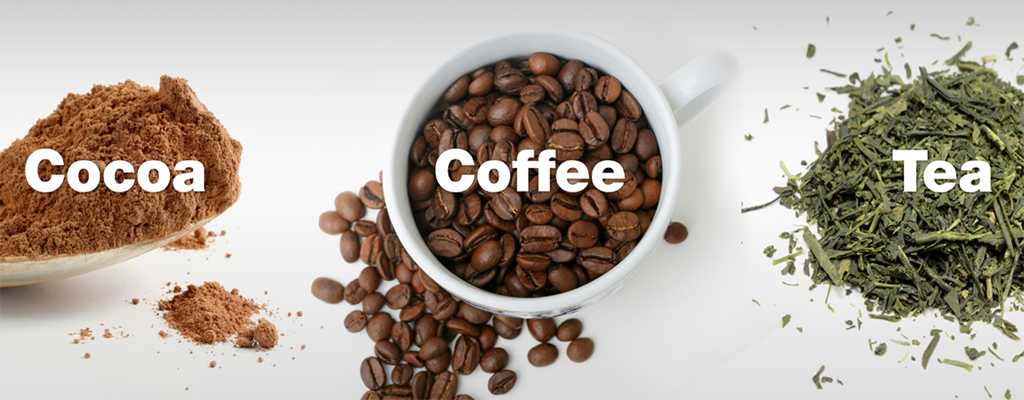BREMEN, Germany – They promote health and are of enormous economic importance, particularly for producing countries: 140 participants, including scientists from 40 countries and practitioners from the industry, will participate in the “CoCoTea 2019” conference at Jacobs University from 26 to 28 June. Topics on the agenda include food safety, the effects of climate change and the health effects of tea, coffee, and cocoa.
“The entire spectrum will be highlighted in 60 lectures,” says Nikolai Kuhnert, professor of chemistry at Jacobs University and chair of the conference.
As diverse as the products are, their health effects are still similar due to their high content of polyphenols and antioxidants. The average European absorbs about 60 percent of the required antioxidants through coffee, tea, and cocoa, but only ten percent each through fruit and vegetables. Coffee lowers the blood sugar level and can thus prevent diabetes mellitus. Tea and cocoa have a positive effect on the cardiovascular system.
The exact chemical compounds that are responsible for this will be discussed at the conference, in which not only chemists but also biologists, physicians, agricultural economists, sociologists, and engineers will participate. The conference will also focus on the effects climate change has on the cultivation and quality of products.
The plants adapt to changing temperatures, which is particularly interesting for cocoa, says Kuhnert. “With cocoa, lipids and fats change. It is quite possible that in a few years’ time cocoa butter will no longer melt in the mouth”. A further topic is the recycling of the waste generated during processing, from which new products can be obtained.
After stops in Italy, Portugal, and China, CoCoTea 2019 will be held in Germany for the first time. Bremen and Jacobs University are the ideal location for this. Not only because of the expertise of the scientists, but also because Bremen is Germany’s coffee capital.














